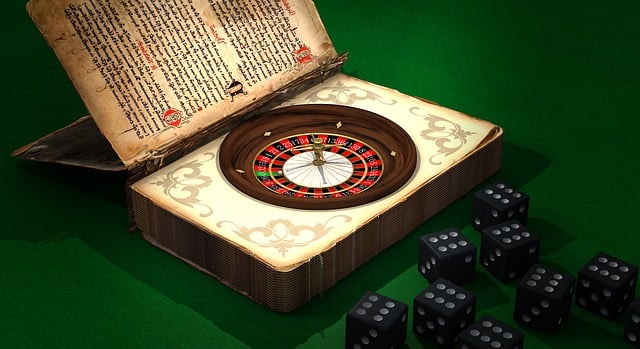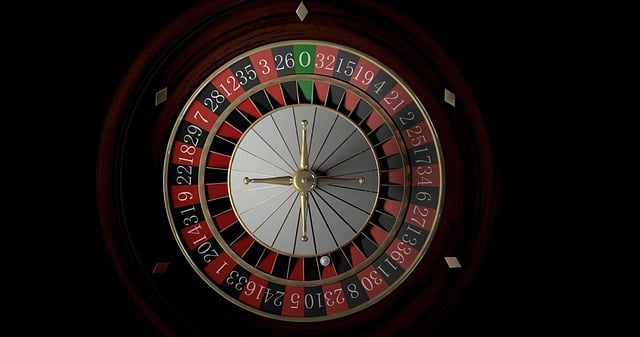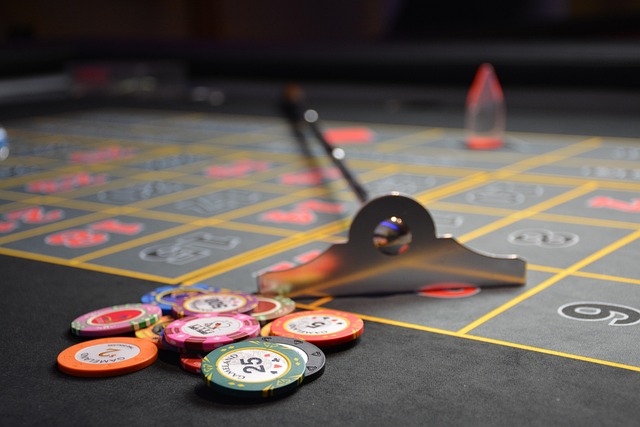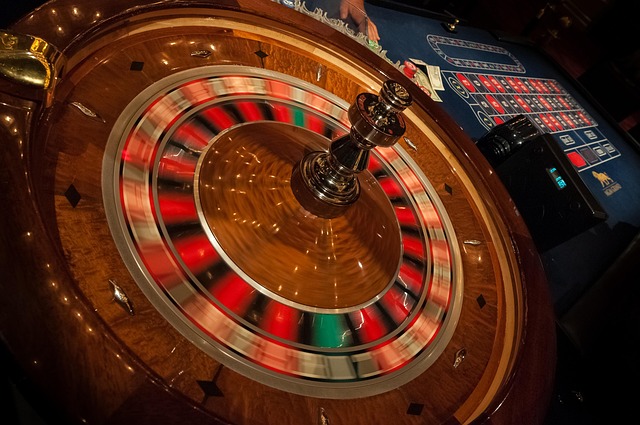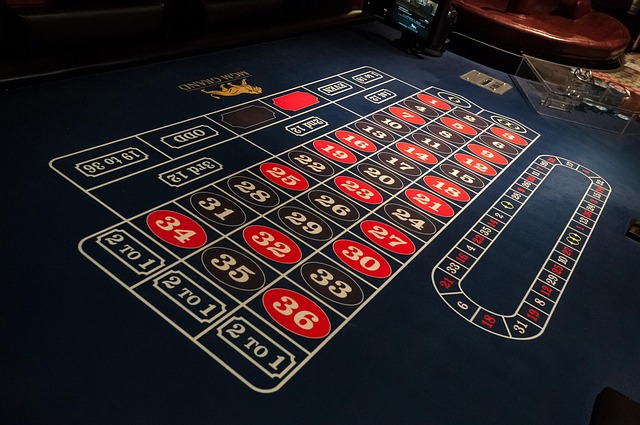Roulette combines chance and strategy, with players betting on numbers or colors determined by a spinning wheel. Various bet types and House Edge, representing casino advantage, influence odds. Online roulette's popularity rises due to accessibility, offering digital convenience vs. physical casinos' immersive live dealer experiences. Choice between formats depends on personal preference, convenience, and desired immersion level.
Discover the thrill of online roulette – a captivating, global gaming phenomenon! This beginner’s guide navigates the essence of this classic casino game, demystifying its rules and strategies. Explore the house edge, probability nuances, and gain insights into the pros and cons of playing online versus land-based casinos. Whether you’re new to roulette or seeking sharper strategies, this article promises an engaging delve into the world of roulette.
- Understanding Roulette: A Beginner's Guide
- The House Edge and Probability in Roulette
- Online Roulette vs. Land-Based: Pros and Cons
Understanding Roulette: A Beginner's Guide
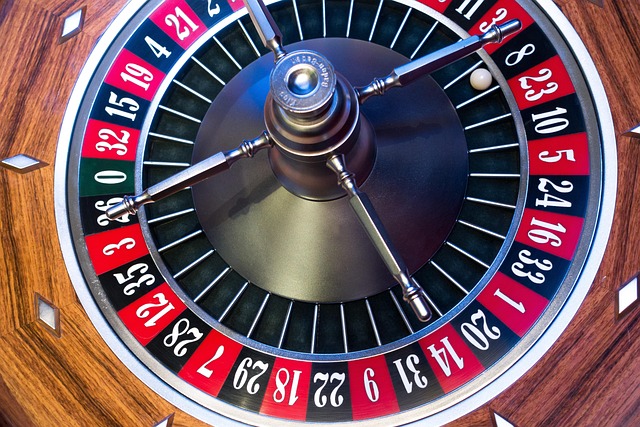
Roulette is a captivating casino game that has intrigued players for centuries, drawing them into its world of chance and strategy. At its core, it’s a simple yet engaging game where players bet on a specific number or color, with a spinning wheel determining the outcome. The Roulette table, adorned with various betting options, presents an array of opportunities to test one’s luck.
For beginners, grasping the fundamentals is key. The aim is to predict which pocket a small ball will land in after the wheel spins. Players can wager on individual numbers, groups of numbers, colors (red or black), or even odd/even probabilities. Learning the different bet types and their respective payouts is essential for navigating this thrilling game.
The House Edge and Probability in Roulette
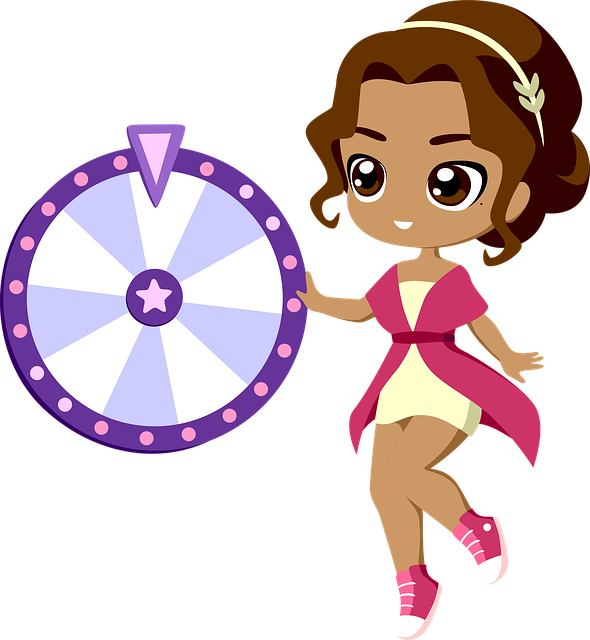
In roulette, the House Edge refers to the advantage that the casino holds over players. It’s a statistical measure of how much the casino is expected to win in the long run. The probability of winning or losing at roulette is largely influenced by this edge. For example, American Roulette, with its double zero, typically has a House Edge of around 5.26%, while European Roulette, featuring a single zero, offers slightly better odds at 2.70%. Understanding these probabilities is crucial for players looking to make informed decisions and manage their expectations.
The House Edge is calculated based on the payoffs and the number of possible outcomes. In a game like roulette, where numbers and colors are randomly generated, the casino’s edge is built into the design. Players can minimize the impact of this edge by choosing bet types with better odds, such as betting on even or odd numbers, or using strategies like the Martingale system. However, it’s important to note that these methods don’t eliminate the House Edge, but rather attempt to manage risk and potentially increase winning opportunities.
Online Roulette vs. Land-Based: Pros and Cons

Online roulette has gained immense popularity, offering a digital twist on the classic casino game. One significant advantage is accessibility; players can enjoy it from the comfort of their homes, removing geographical constraints often associated with land-based casinos. This convenience allows for a broader player base, as individuals who may not have access to physical gambling venues can now participate in real money roulette games.
However, traditional land-based roulette has its allure. It provides an immersive experience with the spinning wheel, dealer interaction, and the atmosphere of a live casino. The social aspect, coupled with the thrill of physically being in a gambling hub, creates a unique excitement that online roulette strives to replicate through live streaming technology. While both forms have their merits, the choice often comes down to personal preference, convenience, and the level of immersion one seeks in the world of roulette.
Online roulette offers a convenient, accessible way to experience the thrill of the casino from home. By understanding the game’s mechanics, including the house edge and probabilities, players can make informed decisions. Comparing online roulette with land-based casinos highlights the benefits of virtual play, such as comfort and variety, while also acknowledging potential drawbacks like lack of personal interaction. Ultimately, whether you prefer spinning wheels in a physical location or from your couch, roulette remains a captivating game with endless excitement.
